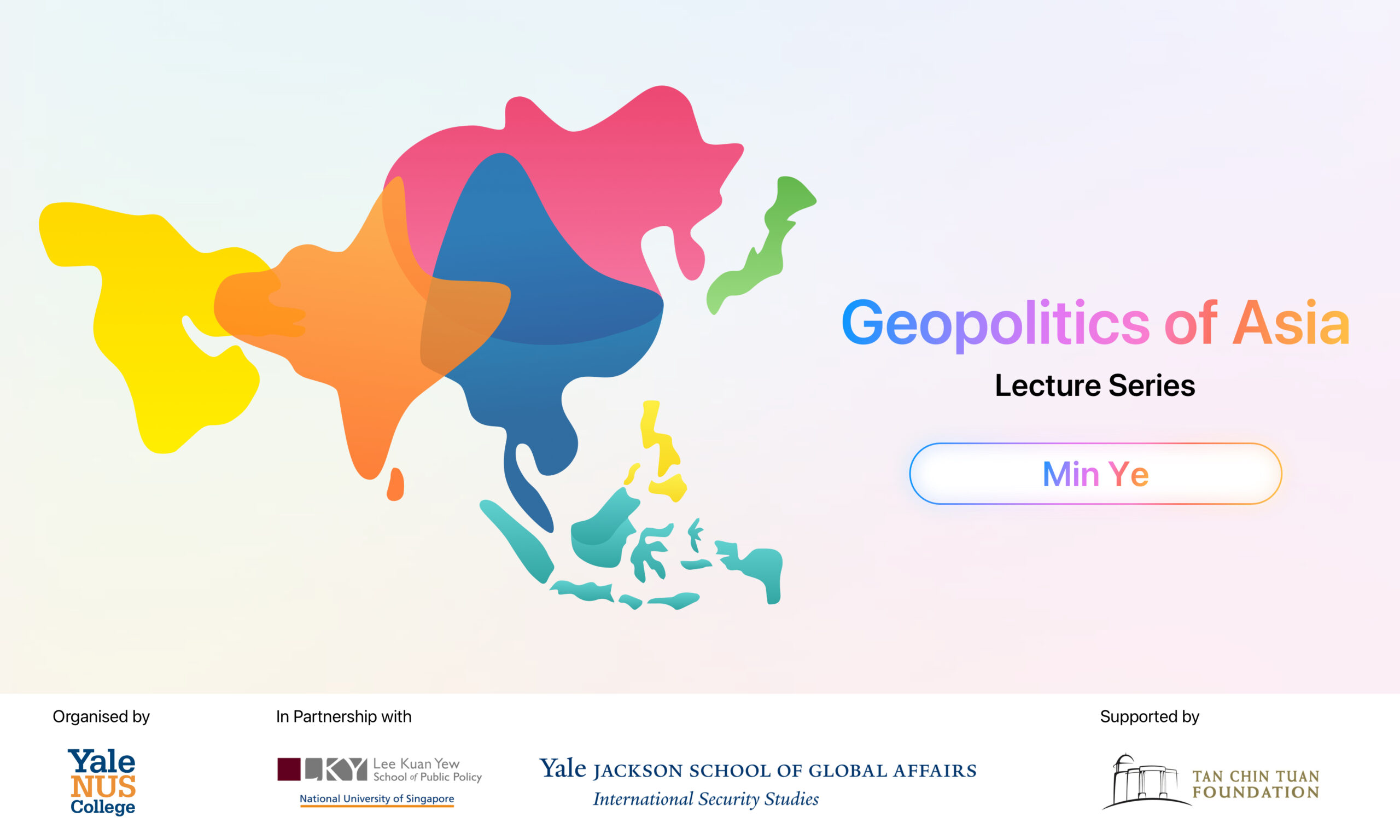


The original Belt and Road Initiative (BRI), commonly perceived as China’s political and geopolitical strategy, fundamentally follows an economic rationale: China had excess industries and infrastructure capacities while many developing countries faced significant shortages. The Green Belt and Road Initiative (GBRI), which aims at bringing green technology and renewable energy to BRI countries, presents a more complex puzzle. Why would China attempt to steer tech-intensive industries towards the developing countries and why would firms comply?
Revisiting the current strategic and liberal explanations, Professor Min Ye posits that the formation of new domestic coalitions between political and commercial actors, catalysed by the COVID-19 pandemic and the United States economic sanctions, has driven the rise of the GBRI in China. While this realignment could advance the green transition in the Global South, it also risks escalating geopolitical competition between China and the US, as both nations strive to secure global influence and lead future development paradigms.
This event is organised by Yale-NUS College, in partnership with the Lee Kuan Yew School of Public Policy and Yale Jackson School of Global Affairs, and supported by the Tan Chin Tuan Chinese Culture & Civilisation Programme.
About the speaker
Professor Min Ye
Professor of International Relations, Boston University
Min Ye is a Professor of International Relations at the Pardee School of Global Studies, Boston University (BU). She was the Director of East Asian Studies at BU (2010-2014) and the Director of Undergraduate Studies at Pardee School (2017-2019). Her research is situated at the nexus between domestic and global politics and the intersection of economics and security. Her publications include The Belt, Road and Beyond (Cambridge University Press, 2020), Diasporas and Foreign Direct Investment in China and India (Cambridge University Press, 2014), and The Making of Northeast Asia (with Kent Calder, Stanford University Press, 2010). She was a China and the World Post-doctoral Fellow at the Fairbank Center in 2009-2010 and a Public Intellectual Fellow at the National Committee on U.S.-China Relations in 2014-2016.
About the moderator
Associate Professor Chin-Hao Huang
Associate Professor of Social Sciences (Political Science), and Head of Studies, Global Affairs, Yale-NUS College
Chin-Hao Huang is Associate Professor of Political Science at the National University of Singapore, with appointments in both the Lee Kuan Yew School of Public Policy and Yale-NUS College. He serves as co-chair of the International Affairs programme at the Lee Kuan Yew School of Public Policy and is also the Head of Studies for Global Affairs at Yale-NUS. He is the author of three books, including, most recently, Power and Restraint in China’s Rise (Columbia, 2022), which received Honorable Mention for the T.V. Paul Best Book in Global International Relations. His research has been published in leading disciplinary journals such as International Organization, Perspectives on Politics, Foreign Policy Analysis, and The China Quarterly among others and he has testified on China’s foreign and security policy before the US Congress. He has also served as a consultant for US and European foundations, governments, and companies on their strategies and policies in Asia. His work has been featured in media outlets such as BBC, Bloomberg, CNBC Asia, Financial Times, and TIME. He received his B.S. with honours from Georgetown University and PhD in political science from the University of Southern California.



